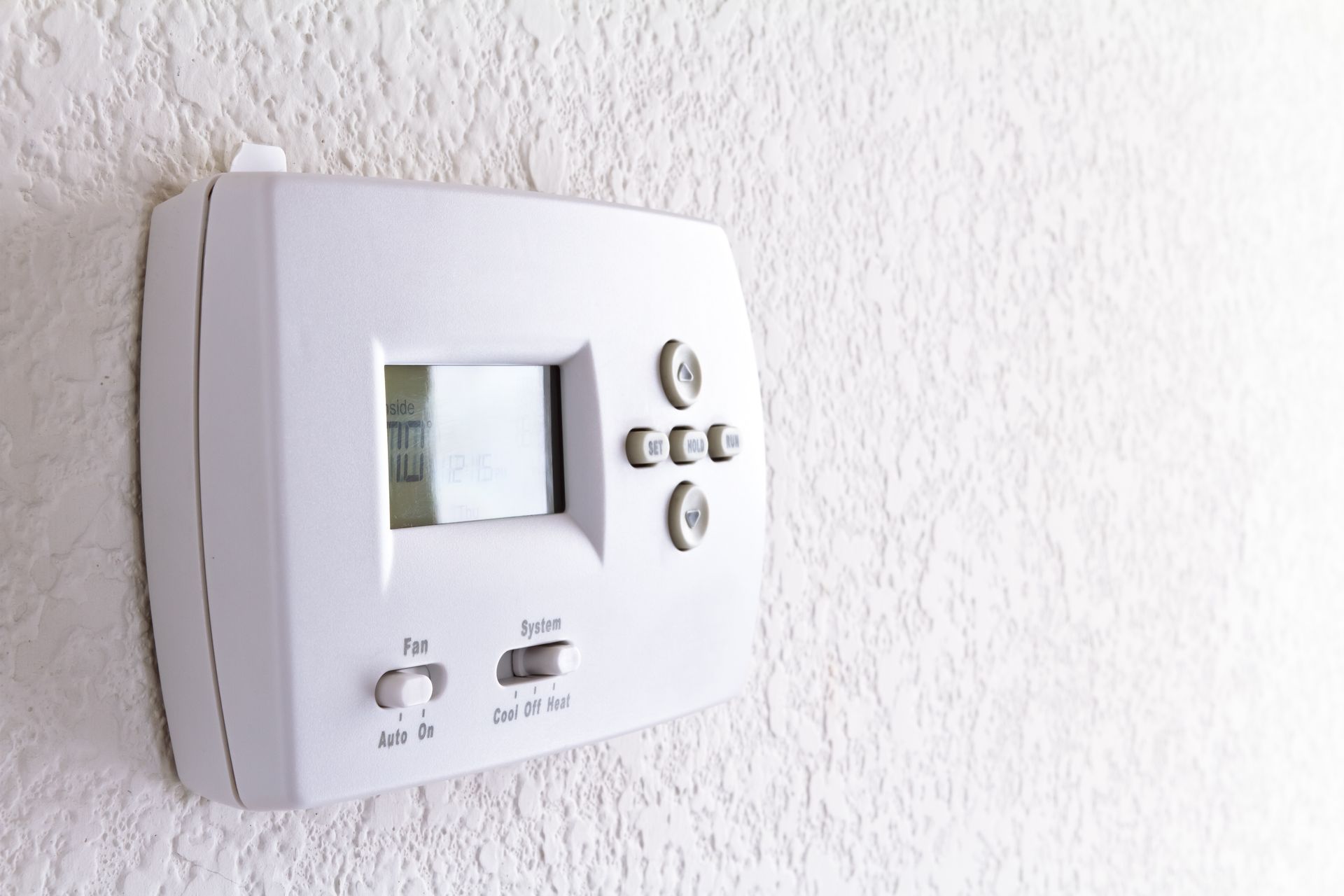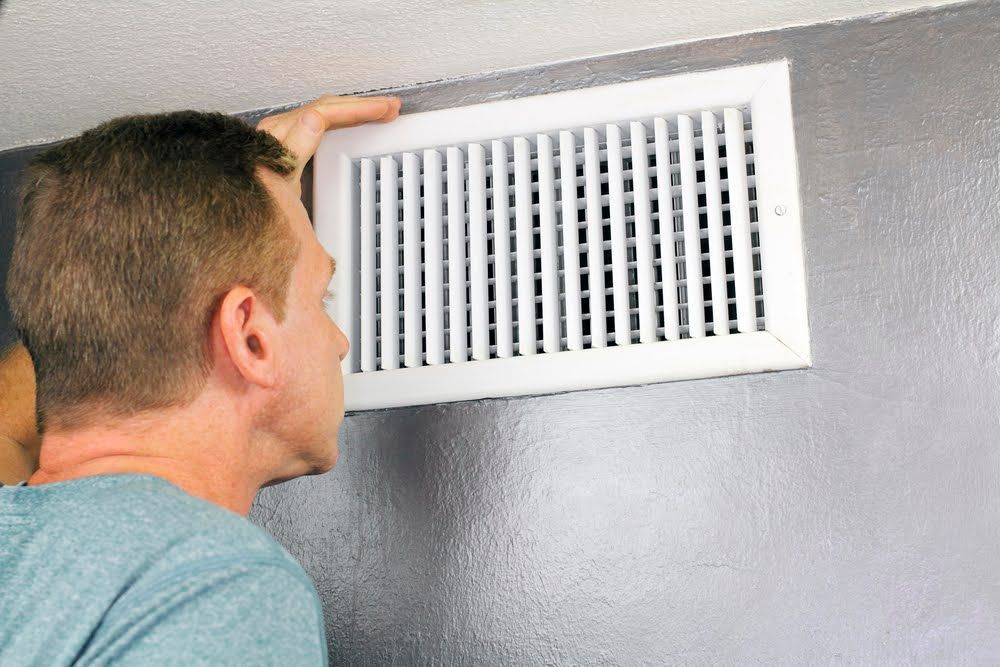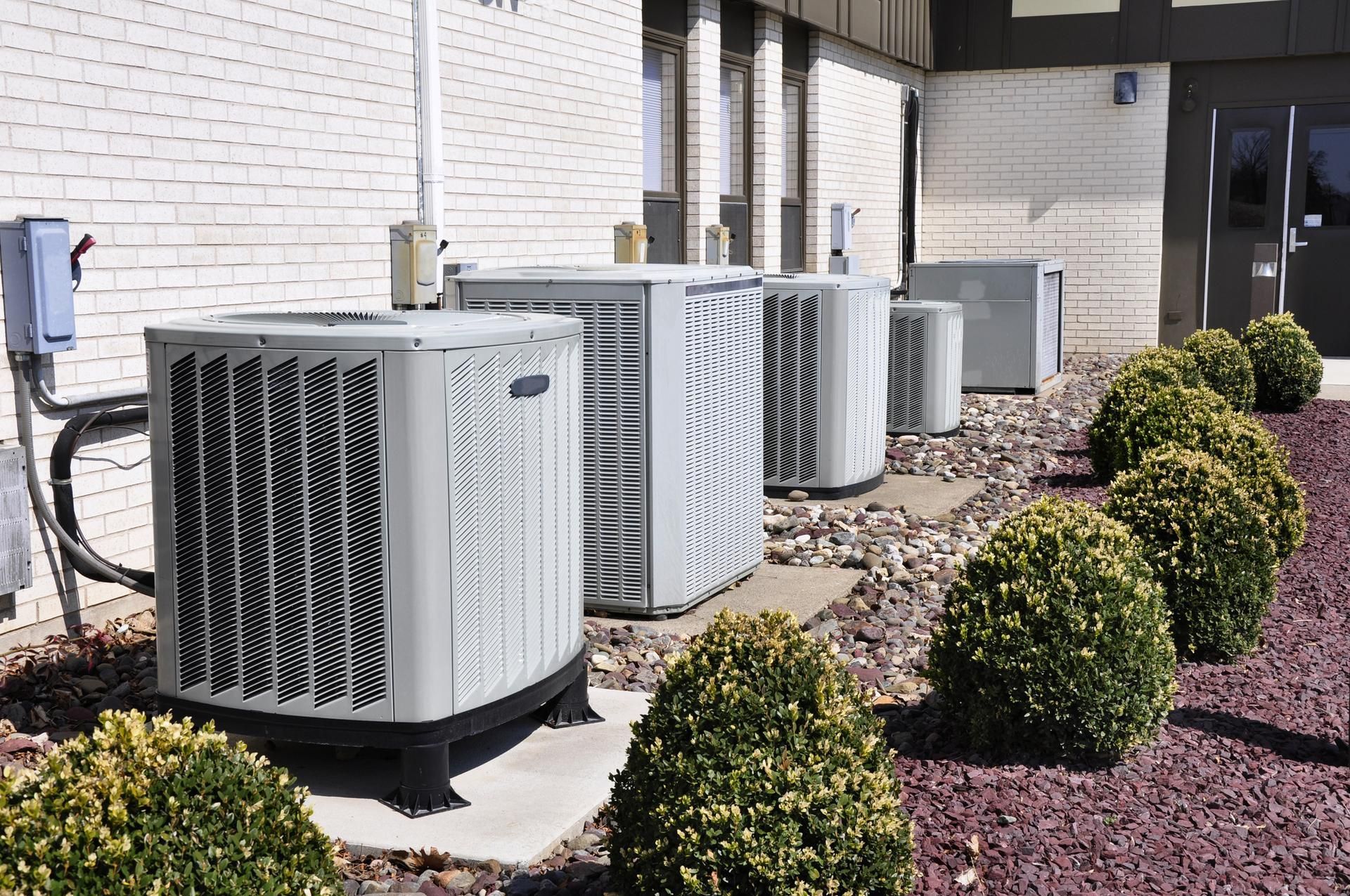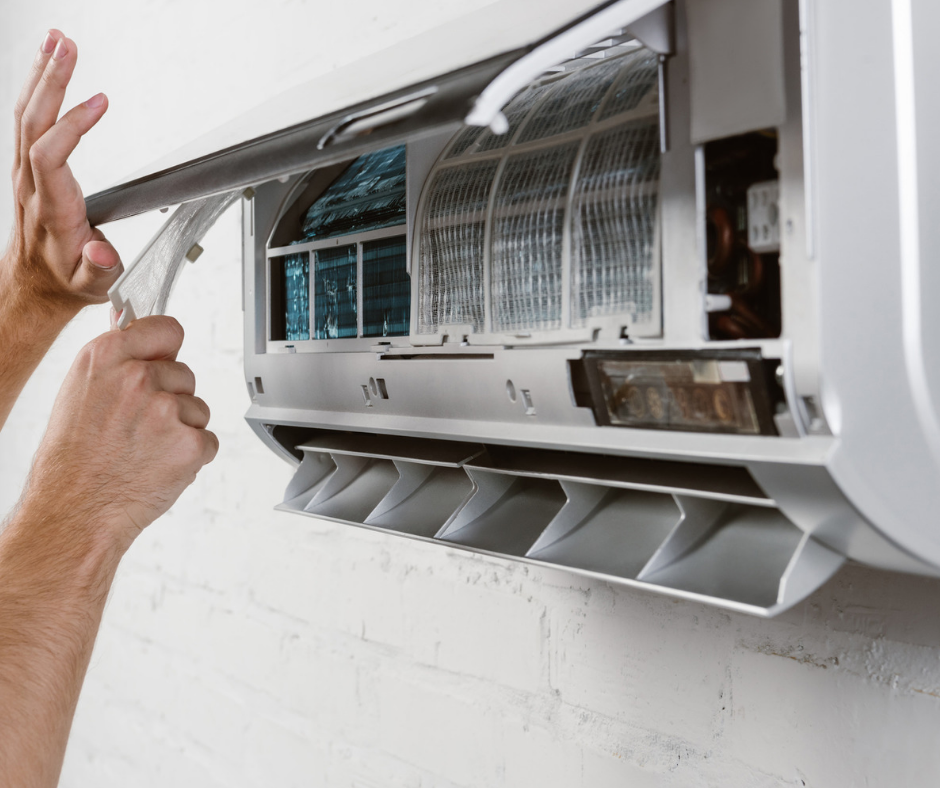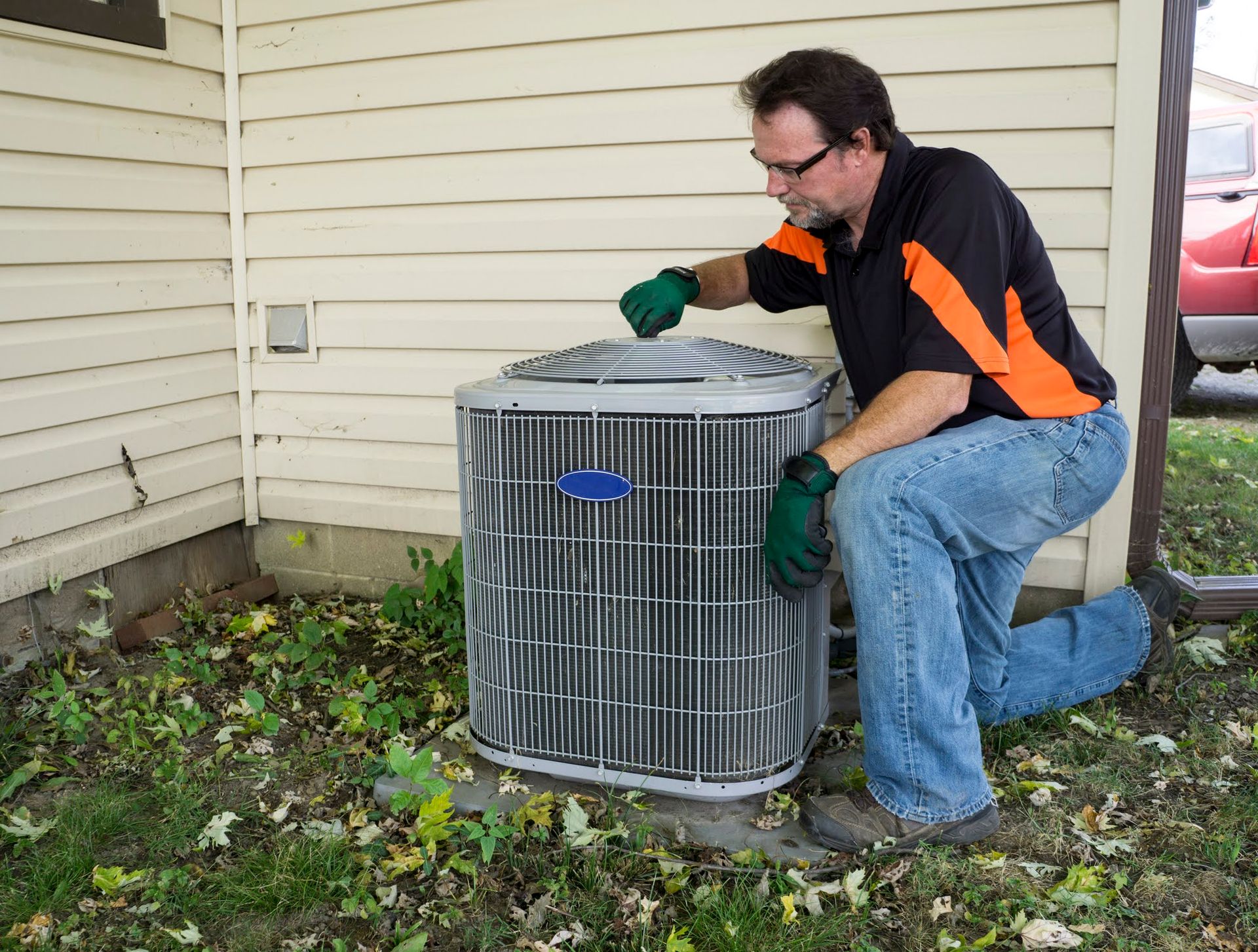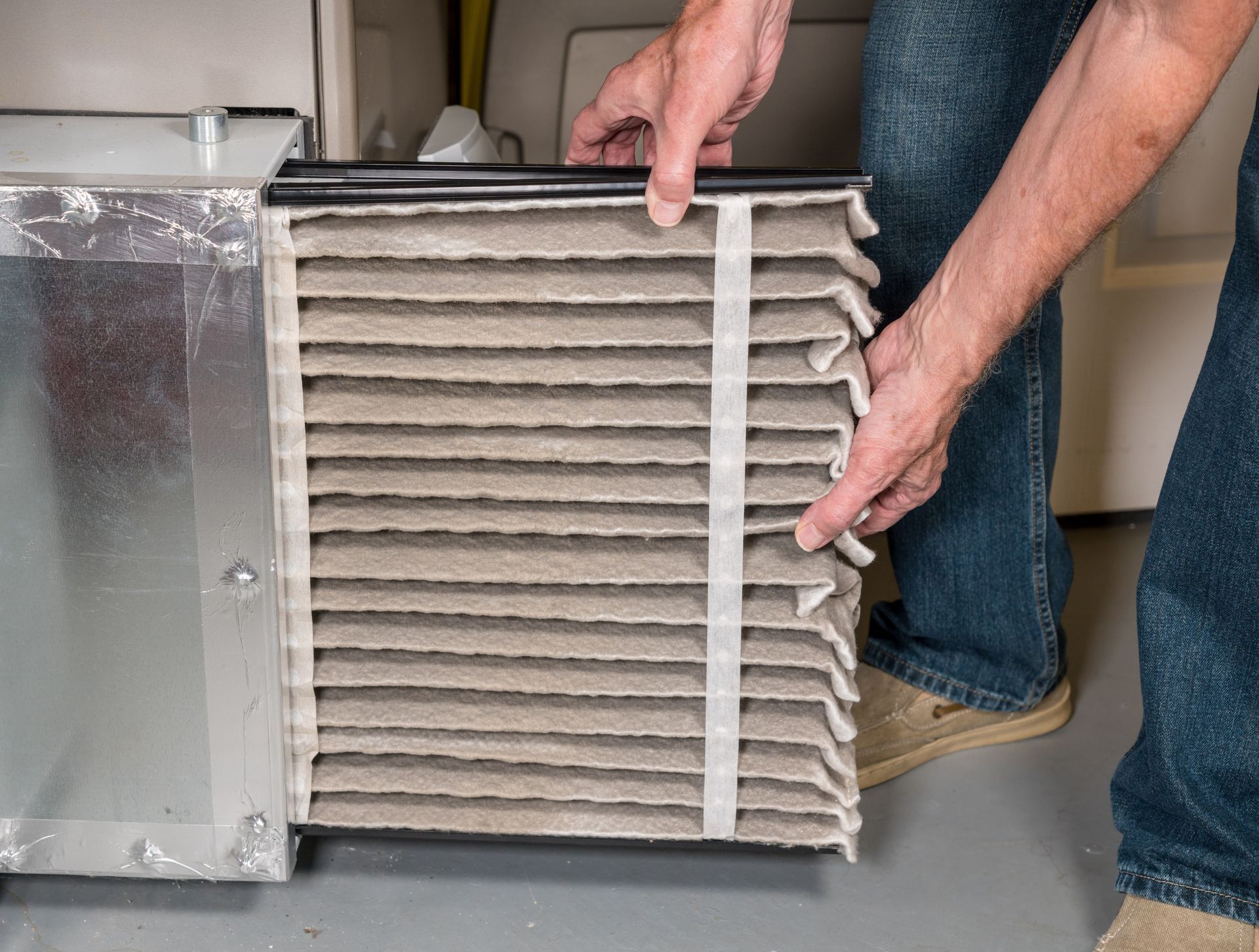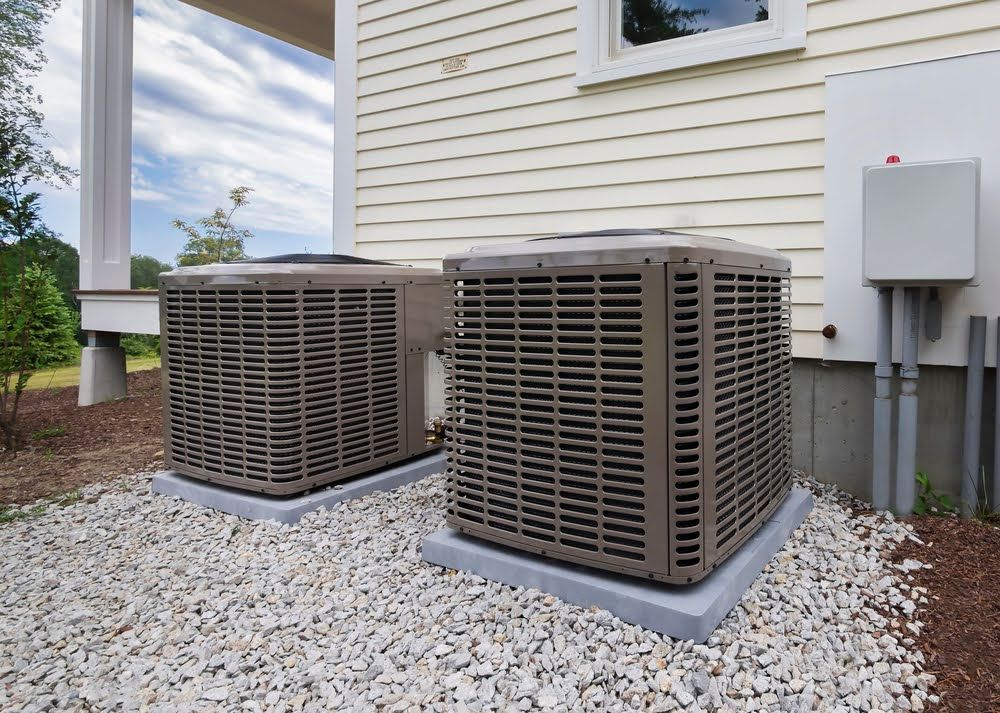Why Every Business Needs an Emergency HVAC Response Plan
In the fast-paced world of business, unexpected disruptions can severely impact operations and employee comfort. One crucial component that often remains overlooked until it fails is the HVAC system. Heating, ventilation, and air conditioning units play a critical role in regulating the working environment. An emergency HVAC response plan is far more than a simple precaution—it is an essential investment for any business that aims to remain efficient, resilient, and competitive.
The Critical Role of HVAC Systems
A malfunctioning system can result in uncomfortable conditions, decreased employee productivity, and, in some cases, damage to sensitive equipment or products. For businesses operating in industries where precise climate control is essential, even a short-term failure can lead to significant disruptions. In this context, having a robust emergency HVAC response plan is akin to having an insurance policy for your operations.
Anticipating the Unpredictable
Business owners invest significant time and resources into planning and mitigating risks from common issues like power outages or data breaches. Yet, HVAC emergencies often remain under the radar until a crisis hits. Whether it is due to extreme weather conditions, mechanical failures, or unforeseen accidents, an HVAC system can quickly become the weak link in an otherwise well-protected operation. Establishing an emergency response strategy ensures that when the unexpected happens, you are not left scrambling for solutions. Preparedness means having clear procedures, designated contacts, and quick access to repair services to minimize downtime.
Key Components of an Effective Plan
A comprehensive HVAC emergency response plan involves several essential components. First, it begins with routine maintenance and regular inspections to catch small issues before they evolve into major problems. Creating an inventory of all HVAC equipment and documenting maintenance history can aid technicians in diagnosing and solving issues swiftly. Additionally, the plan should include a list of trusted service providers who are on call and ready to respond at a moment's notice.
Another vital element is communication. Informing employees about how to act during an HVAC emergency can prevent chaos and ensure that everyone remains safe while waiting for professional assistance. A clear chain of command and predefined roles help avoid confusion and ensure a smooth transition from normal operations to emergency management.
The Financial Advantages of Being Prepared
An emergency HVAC response plan is not merely about comfort and convenience—it also carries significant financial implications. Unplanned downtime can lead to costly disruptions; lost working hours and potential damage to inventory or equipment amplify these costs. By investing time and resources in an effective plan, businesses can reduce the likelihood of extensive damage and quickly resume normal operations after any interruption. The proactive approach of regular system checkups and a well-rehearsed emergency response can result in fewer emergency repairs and lower overall maintenance expenses.
Enhancing Safety and Comfort in the Workplace
The benefits of an effective emergency HVAC response plan extend beyond finances. At its core, the plan prioritizes the safety and well-being of employees and customers alike. Inadequate temperature control can lead to discomfort or health issues, which in turn reduce productivity and morale. By ensuring that the workplace remains comfortable no matter what disruptions occur, businesses foster a positive and secure environment. This commitment to safety not only retains top talent but also builds a reputable image among clients and partners.
Implementing the Plan
Developing an emergency HVAC response plan calls for a strategic approach that involves several stages. Initially, a thorough risk assessment should be conducted to identify potential failure points within the system. This evaluation will guide the creation of specific response procedures tailored to your business's unique needs. Next, it is crucial to establish a solid relationship with a network of qualified service personnel who can be relied upon during critical moments.
Training sessions for staff are another essential step. These sessions should cover basic troubleshooting, emergency procedures, and how to communicate effectively with service providers. By empowering employees with the knowledge to act decisively, you create an environment where challenges can be managed collaboratively and efficiently. Finally, regular drills and updates to the plan ensure that it remains relevant and effective as the business evolves and technologies advance.
In an era where resilience is one of the most coveted business traits, an emergency HVAC response plan stands out as a strategic investment. It exemplifies a commitment to continuous improvement, risk mitigation, and the overall well-being of your organization. Rather than viewing it as an optional practice, every business should recognize that a proactive plan for HVAC emergencies is essential—not only to avoid significant disruptions but also to foster a safe, comfortable, and productive workplace.
Contact McIntosh Heating & Cooling today to learn more.

